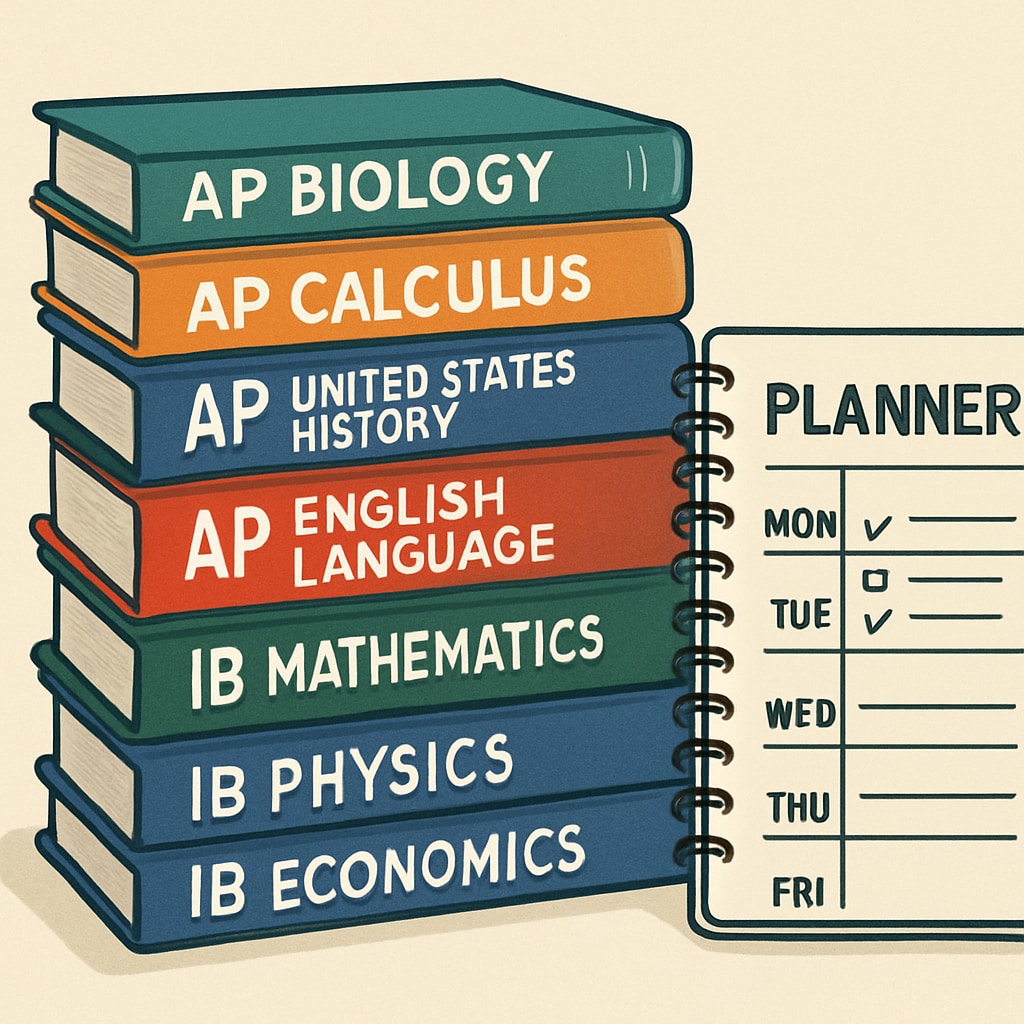Applying for American master’s programs presents a unique set of challenges, but with early preparation, K12 students can lay the groundwork for future success. Families often turn to middle and high school strategies to ensure students are academically competitive while building skills that resonate with admissions committees. In this article, we’ll explore how students and parents can prepare during the K12 years for the possibility of international education, including leveraging the expertise of study abroad agencies or middle school counselors. Whether you’re considering professional study-abroad consultants or self-guided planning, these insights will help pave the way toward academic excellence.
Why Start Preparing for International Education During K12?
Preparing during the K12 years provides students with ample time to develop academic, extracurricular, and personal qualities that stand out. By addressing these areas early on, students are better equipped to tackle applications for competitive programs like an American master’s degree. Additionally, early preparation minimizes last-minute stress and ensures students meet academic prerequisites. Some key benefits include:
- Strong academic foundations: Developing solid grades and advanced coursework in core subjects such as mathematics, science, and English.
- Extracurricular excellence: Pursuing sports, arts, or leadership roles to show well-rounded development.
- Language proficiency: Gaining fluency in English, which is often required for studying abroad.
- Global awareness: Building cultural sensitivity and adaptability for life in a foreign country.

Academic Planning: The Backbone of K12 Preparation
Academic planning is a critical aspect of preparing for international education. Parents and students should work together to create a roadmap that includes key milestones such as standardized testing, advanced coursework, and extracurricular involvement. For example, students aspiring to apply for American master’s programs may need to complete specific prerequisites during their undergraduate studies. However, a K12 foundation helps set the stage for this success. Here are some tips:
- Take Advanced Placement (AP) or International Baccalaureate (IB) courses: These programs are highly regarded by universities.
- Prioritize STEM or humanities electives: Align coursework with long-term career goals.
- Participate in academic competitions: Olympiads, science fairs, and debate tournaments showcase intellectual rigor.
- Seek guidance from school counselors: Leverage their expertise in course selection and career planning.
For families seeking additional support, collaborating with a study-abroad agency can streamline the preparation process. Agencies often offer tailored advice on academic and extracurricular activities that will strengthen a student’s profile.

Skill Development Beyond Academics
While academic preparation is important, students need to cultivate soft skills that make them adaptable and resilient in a global environment. Admissions committees for international programs often look for qualities such as critical thinking, teamwork, and leadership. Here’s how K12 students can develop these skills:
- Volunteer for community projects: Demonstrates empathy and social responsibility.
- Join public speaking clubs: Builds communication and confidence.
- Engage in cultural exchange programs: Provides firsthand exposure to international cultures.
- Develop time management skills: Balances academics with extracurriculars effectively.
Parents can also encourage activities like travel abroad, summer camps, or taking online courses focused on global perspectives. These experiences deepen a student’s understanding of the world while nurturing essential life skills.
The Role of Study-Abroad Agencies
For families considering professional help, study-abroad agencies can be a valuable resource. These organizations specialize in matching students with programs that align with their interests and qualifications. They also guide families through complex processes such as visa applications, essays, and interviews. Choosing the right agency involves researching their track record and client reviews. While not mandatory, their expertise can simplify the journey for families overwhelmed by the demands of international education applications.
In addition, agencies often keep up-to-date with specific requirements for competitive programs like American master’s degrees, ensuring students meet deadlines and submit polished applications. Families can find reputable agencies by searching online directories or asking for recommendations from school counselors.
Readability guidance: Use short paragraphs and lists to summarize key points; ensure transitions between sections for clarity. Limit passive voice usage to enhance readability, and include examples to illustrate concepts.


